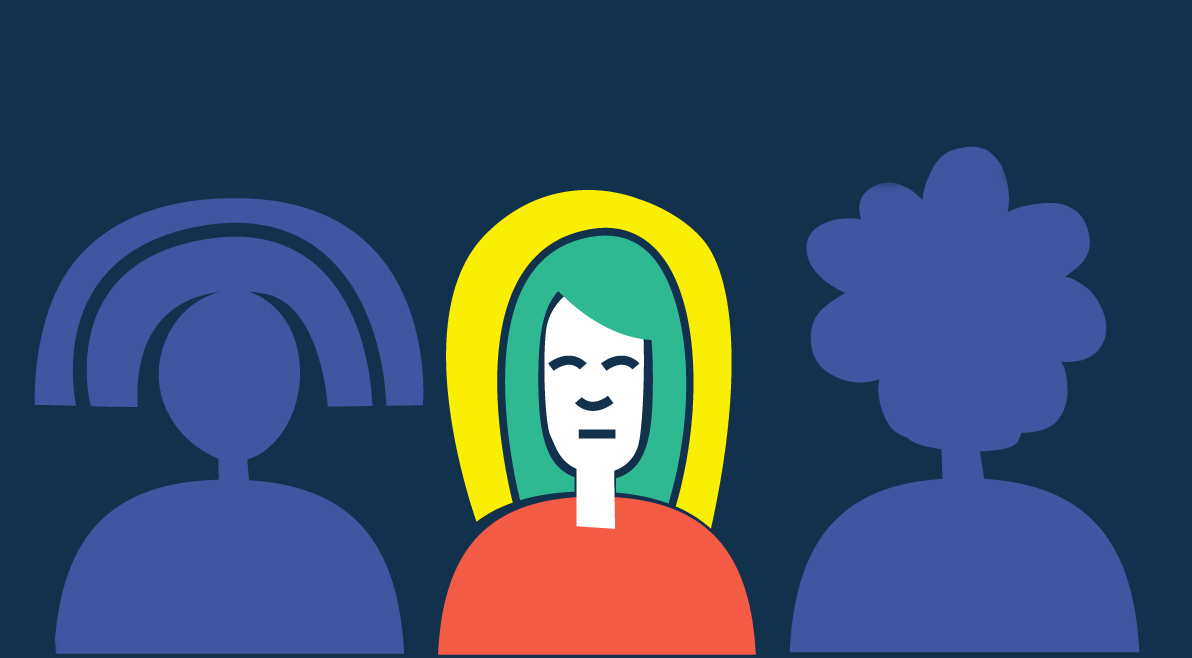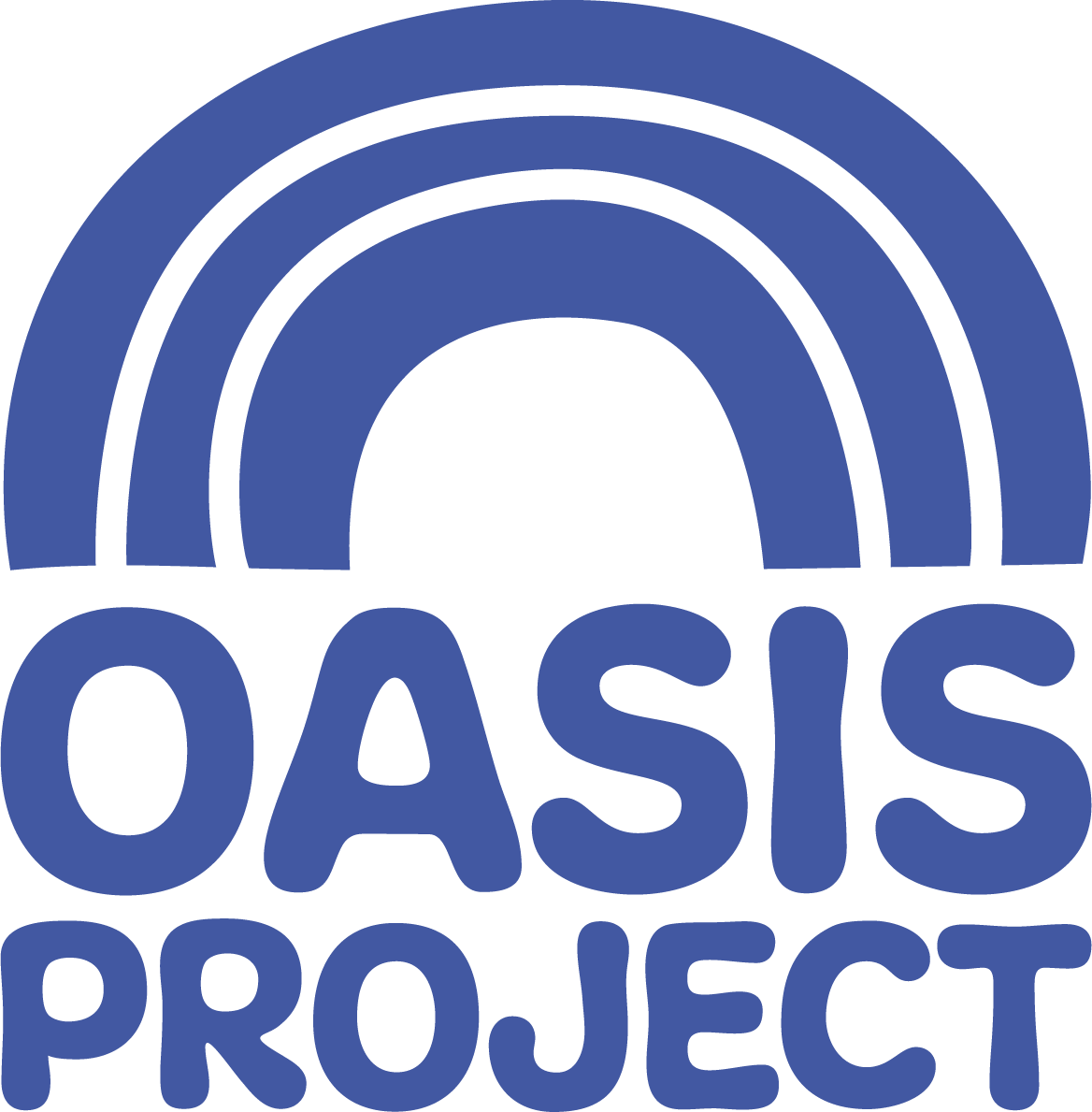FAQ
SWOP Sussex (Sex Workers’ Outreach Project) is for women who live or sex work in Sussex.


Do I have to give my personal details?
If you use our outreach, drop-in or telephone service for brief information, advice or support you can use your working name and we will not need to take personal details – Our helpline and online chat service can be used anonymously.
If you need more support, we would need take down and record your personal details and any relevant information in order to support you around your goals or support plan.
This information will be kept secure.
If you ask us to refer you into another service or speak to an agency on your behalf (such as housing health or support services) we will do this only with your signed consent and share only information that is relevant.
We will only share information without consent if someone is at risk of serious harm.
Please contact us if you have any questions or would like to see our full data protection policy.
Will you tell anyone?
What is meant by “confidential”? This means we will not tell other people we have seen you, the location of your work place, or share any information you tell us without your consent.
But: We have a legal duty to take action
- If we believe someone is at risk of serious harm
- Or if we have serious concerns about the safety or wellbeing of a child (someone under 18).
This means if we think someone is at risk, we would talk to services who could help to safeguard the person who is at risk. We would always try to speak to you about this first, before speaking to anyone.
I am a parent: Could I get in to trouble?
We know that stigma around being a sex worker can be a worry for many parents. Many people worry about whether it is safe to talk to services or to report bad incidents at work to the police.
Being a sex worker does not make you a “bad parent” or mean your child is put at risk. Selling sexual services is not illegal.
As long as your child is not at risk of any harm then SWOP or other agencies you use should have no reason to be concerned and would have no reason to share information about you or your children.
So what would a health or support agency be concerned about?
These are some things that may be seen as “risk of harm”:
- If a child is living in or staying in the same premises where clients are seen for sexual services, this could raise concerns about the child’s safety or wellbeing
- if there are strangers regularly coming into the child’s home.
- If a child is experiencing violence or abuse or is witnessing or hearing violence or abuse
- If a child is at risk of neglect due to being left unattended while you work
- If a child is at risk of neglect or abuse due to carers being under the influence of drugs or alcohol
- If a child is at risk of sexual exploitation, grooming or other forms of sexual abuse
- If a child is being exposed to drug dealing or other illegal activity that could put them at risk.
If a child is at risk from abuse or neglect, agencies would be most concerned for:
- A child under the age of 4
- A child or young person with physical or learning disabilities.
This is because they need more care can come to serious harm more easily.
Working from home.
It is a criminal offence for a parent or carer to allow a child aged 4-15 years to live in or stay anywhere that could be classed as a “brothel”.
If you have anyone under the age of 18 living with you or regularly staying, with you, it is best to try to avoid seeing clients in your home. This is because it could expose your child to risks if there are strangers coming into the home.
Even if your child is never in the home when you work, it is worth thinking about possible risks of clients turning up uninvited, risks of stalking or harassment from clients or possible consequences if your child comes home unexpectedly or if there is a violent incident.
If you are worried about any aspect of parenting and confidentiality in relation to sex work or your personal situation, or if you are in need of support, please talk to us.
We are happy to answer any questions you have before taking personal details.
Our SWOP workers will always aim to talk to you first about any concerns and support options before talking to other agencies.
What happens if a Children’s Services referral is made?
Children’s services are there to support families to keep their children happy, safe and healthy and in most cases this means staying in their own home.
The social worker will usually speak to the parent or carer to check that the child is not in danger. They will ensure that the parent or carer has the right help and resources in order to keep their child safe and healthy.
The social worker may decide that there no need for any further action, or they may refer the parent or their child to other services for support.
The social worker will usually ensure that any services involved with the family work together with the parent and child to support them to address any problems they are experiencing and to enable the parent to make positive changes.
How can I give feedback on the service?
Your feedback whether positive or negative is important to our service. Complaints and feedback help us to make positive changes and improve the way we work.
If you are not happy with the support you are receiving or any aspect of our service you could:
- Speak to a member of the SWOP team about your concerns
- Email Mel Potter (SWOP Manager) on [email protected]
- If you do not wish to speak to the SWOP team, please click here for more information about making a complaint.
Does SWOP Support the Nordic Model?
The Nordic Model is based on the idea ofcriminalising people (clients, punters) who pay for sexual services and banning the advertising of sexual services.
SWOP does not support the Nordic Model.
Our position is based on conversation and consultation with our service users, our experience of delivering SWOP for over 20 years, and widely reported research on the subject. These tell us that the Nordic Model does not take in to account the diversity of experience of those working in the sex industry, does not make sex workers feel safer, and does not afford sex workers choice or self-agency.
Evidence has shown that “End Demand” approaches such as this are ineffective and can be detrimental to the safety and wellbeing of the diverse range of people involved in the sex industry, often increasing rather than decreasing risk of exploitation of sex workers (Queens University Belfast, 2019).
SWOP believes that:
- Legal reforms are needed to reduce stigma and increase safety for sex workers.
- Legal reform and policy making that impacts sex workers should include the consultation and involvement of those that work in the sex industry.
- Legal reform is needed to support those sex workers who are victims of crime to feel safe to report crimes, and to have to have confidence and trust in police and in the criminal justice system.
- Legal reform should protect those structures that support sex workers to work safely without fear of criminalisation. Examples of this are allowing sex workers to work together for safety and ensuring the protection of online spaces and systems that sex workers use to market their services and ensure safer working.
- Access to employment rights, safe working conditions and financial inclusion (access to bank accounts) is key to reducing stigma and protecting the safety, health, and wellbeing of those working in all sectors of the sex industry.
- It is essential that law and policy tackles the very serious issues of exploitation, trafficking and modern slavery, which can occur both within and outside the sex industry. These issues should not be conflated with all sex work and policies should not be at the detriment to the safety of those working in the sex industry.

